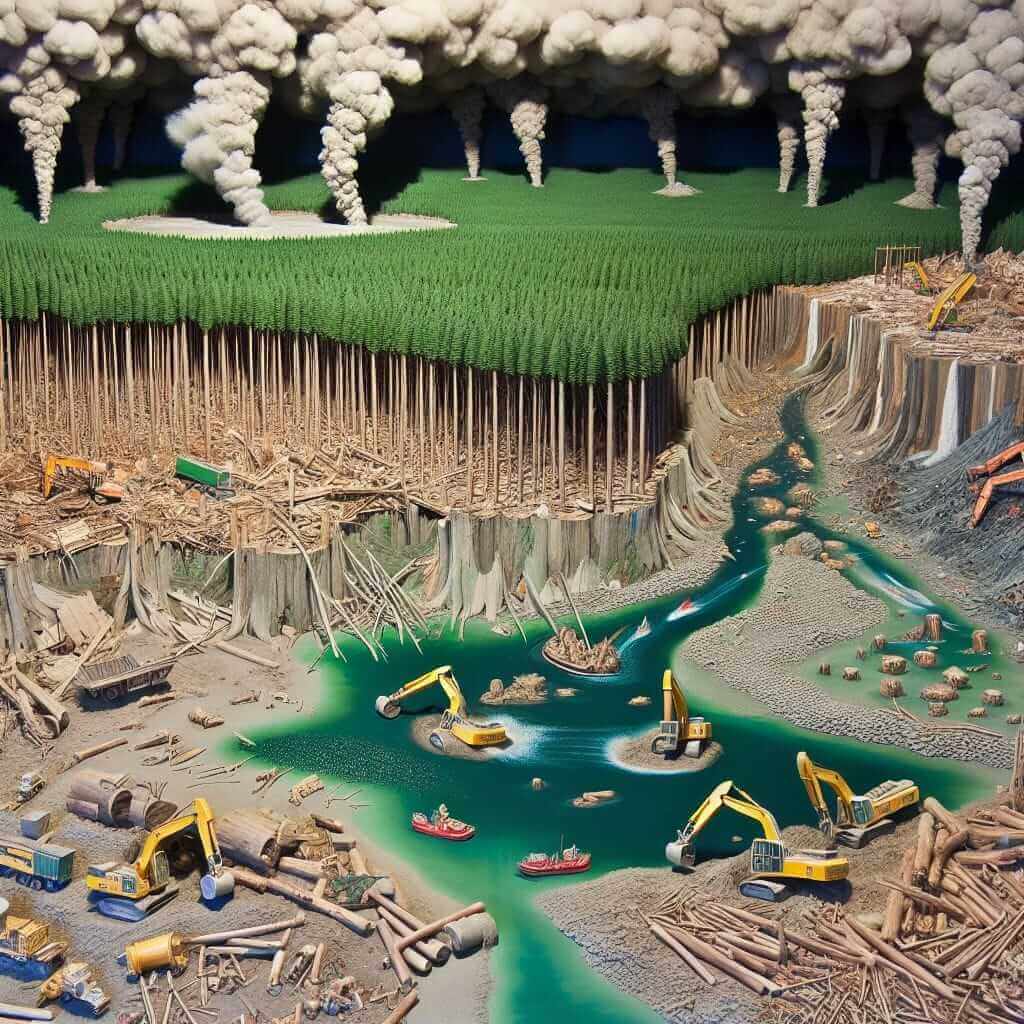The increasing global demand for rare earth elements (REEs) has brought the issue of their sustainable management into sharp focus. This topic frequently appears in IELTS Writing Task 2, often under the theme of international collaboration. Therefore, understanding the role of international cooperation in managing REEs is crucial for IELTS test-takers aiming for a high band score.
Here are some potential IELTS essay questions related to this topic:
- To what extent is international cooperation essential for the responsible and sustainable management of rare earth elements?
- Some argue that individual nations should retain control over their own rare earth element resources. Others believe that international management is necessary. Discuss both views and give your own opinion.
- What are the potential benefits and drawbacks of international agreements aimed at regulating the extraction and trade of rare earth elements?
IELTS Writing Task 2 Sample Essay
Let’s choose the first question to develop into a full essay:
To what extent is international cooperation essential for the responsible and sustainable management of rare earth elements?
Essay Analysis
This question requires you to present a clear argument about the importance of international cooperation in managing REEs. You need to explore both the necessity and limitations of such collaboration, providing clear examples and logical reasoning to support your claims.
Model Essay
Rare earth elements (REEs) are essential components in numerous modern technologies, from smartphones to renewable energy systems. The uneven distribution of these elements globally, coupled with their environmental impact during extraction, necessitates international cooperation for their responsible and sustainable management. This essay will argue that such collaboration is not merely desirable, but essential.
Firstly, international cooperation is crucial for ensuring the equitable distribution of REEs. The current concentration of REE reserves in a few countries creates a situation where these nations hold significant geopolitical leverage. This can lead to supply chain vulnerabilities and price volatility, hindering technological advancement in nations lacking domestic REE resources. International agreements on REE trade, similar to those governing oil and gas, can help stabilize the market, promote fair pricing, and ensure that all countries have access to these critical resources.
Furthermore, collaborative efforts are essential for minimizing the environmental damage associated with REE extraction. Mining and processing REEs often result in significant environmental degradation, including deforestation, water contamination, and radioactive waste generation. By sharing best practices, technologies, and environmental regulations, nations can collectively strive to minimize the ecological footprint of REE production. International bodies like the United Nations Environment Programme can play a pivotal role in facilitating these collaborations and promoting sustainable practices across the globe.

However, international cooperation alone is not a panacea. Effective management also relies on individual nations implementing robust domestic policies. This includes investing in research and development to find substitutes for REEs, promoting resource efficiency and recycling, and enforcing strict environmental regulations on mining companies.
In conclusion, while domestic policies are important, international cooperation is indispensable for the responsible and sustainable management of rare earth elements. By fostering equitable distribution and minimizing environmental harm, collaborative efforts can ensure that these critical resources contribute to global progress without jeopardizing the health of the planet. (Word count: 284)
Writing Tips
- Use specific vocabulary: Incorporate terms like “geopolitical leverage,” “supply chain vulnerabilities,” “resource efficiency,” and “radioactive waste generation” to demonstrate your understanding of the topic.
- Provide concrete examples: Refer to existing international agreements or organizations like the UN Environment Programme to support your arguments.
- Present a balanced view: Acknowledge that international cooperation has limitations and that domestic policies are also crucial.
- Maintain a formal tone: Use appropriate grammar and avoid colloquialisms.
Vocabulary
- Geopolitical leverage (noun) /ˌdʒiː.oʊ.pəˈlɪt.ɪ.kəl ˈlev.ər.ɪdʒ/ : The ability to influence other countries or situations through geographical advantage.
- Supply chain vulnerabilities (noun) /səˈplaɪ ˌtʃeɪn ˌvʌl.nər.əˈbɪl.ə.tiz/ : Weaknesses or risks within the system of getting a product or service from its origin to the consumer.
- Resource efficiency (noun) /ˈriː.sɔːrs ɪˈfɪʃ.ən.si/ : Using natural resources in a way that minimizes waste and environmental impact.
- Radioactive waste (noun) /ˌreɪ.di.oʊˈæk.tɪv weɪst/: Hazardous waste produced by activities involving radioactive materials.
- Panacea (noun) /ˌpæn.əˈsiː.ə/ : A solution or remedy for all difficulties or diseases.
Conclusion
Mastering the topic of international cooperation in REE management equips IELTS candidates with valuable vocabulary and arguments relevant to contemporary global issues. Remember to practice writing essays on similar themes, focusing on clear structure, strong vocabulary, and well-supported arguments to achieve a high band score.